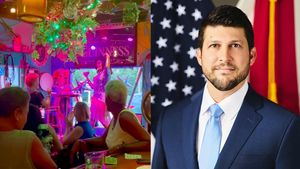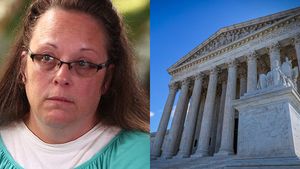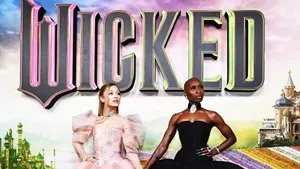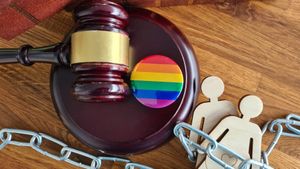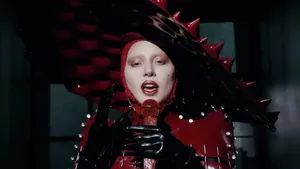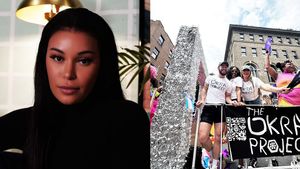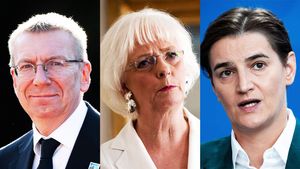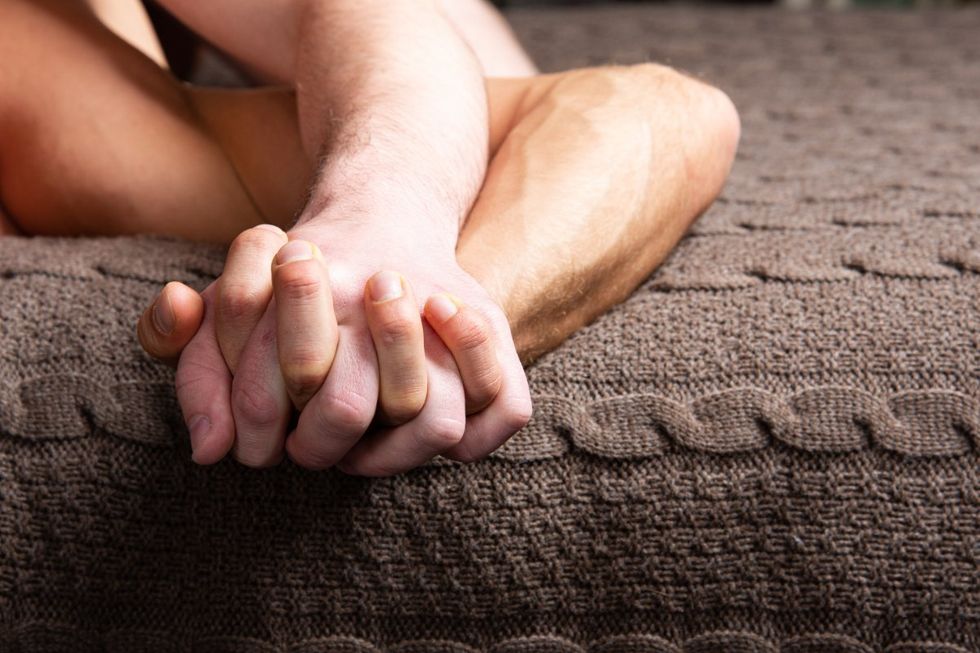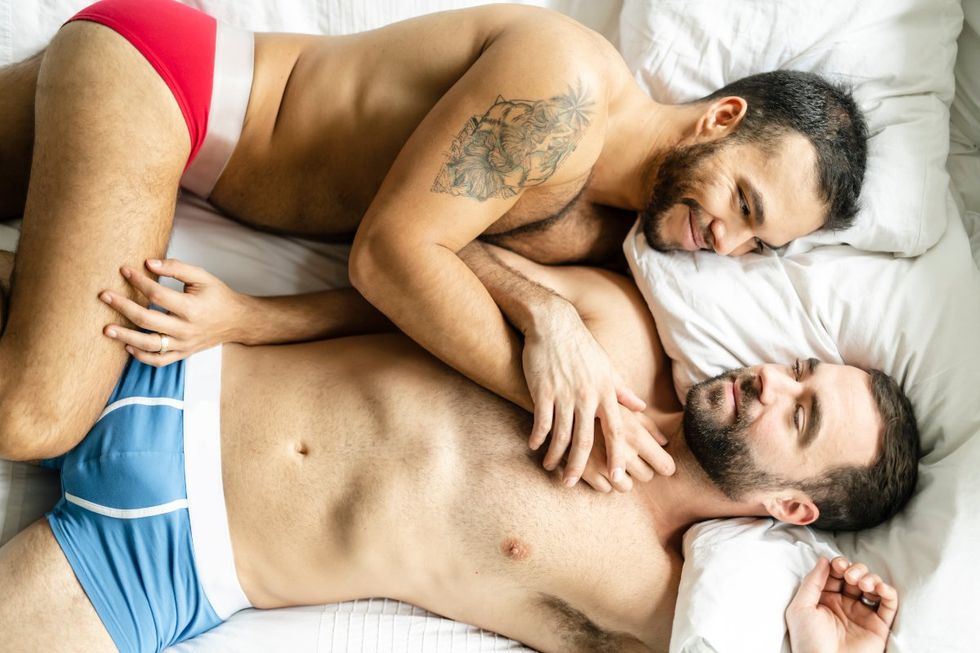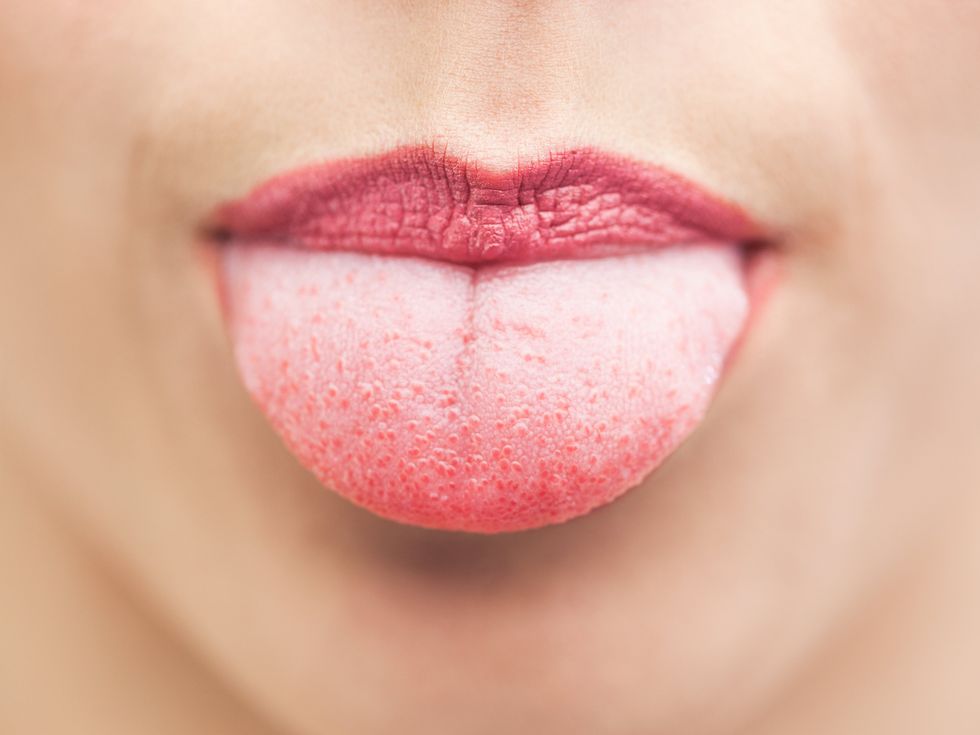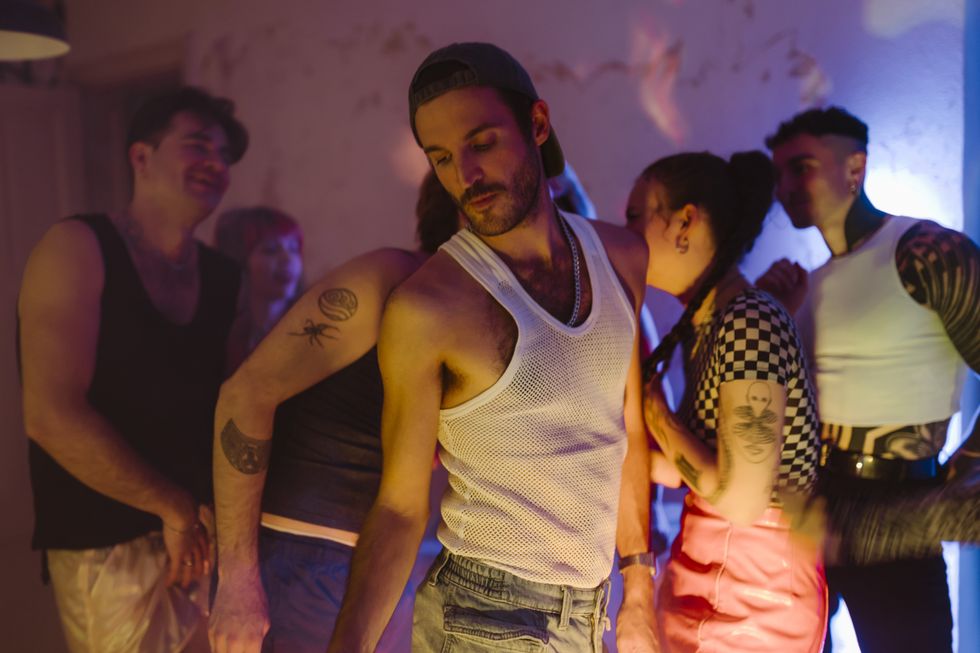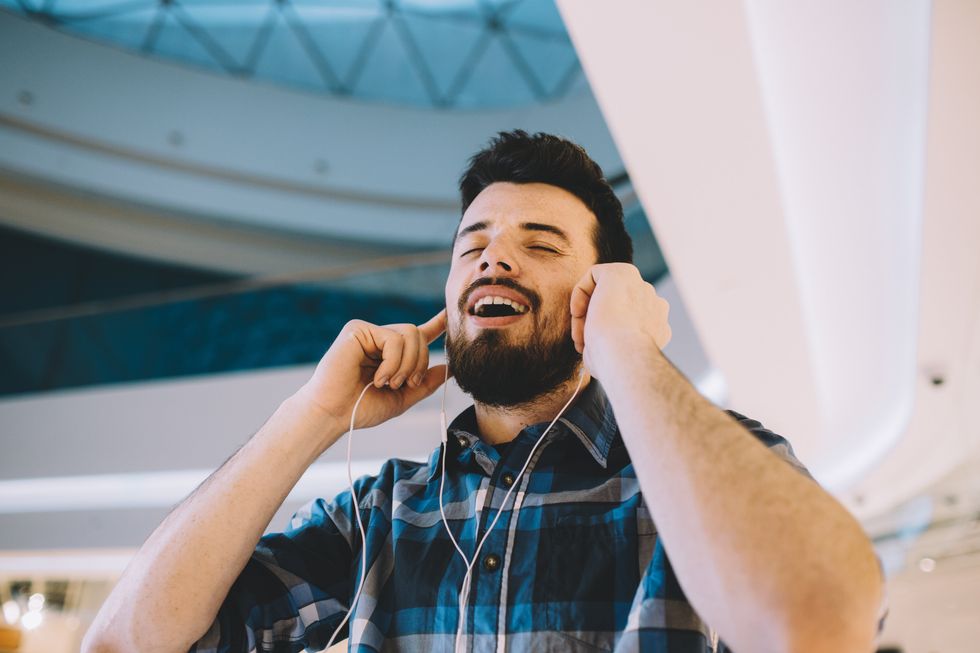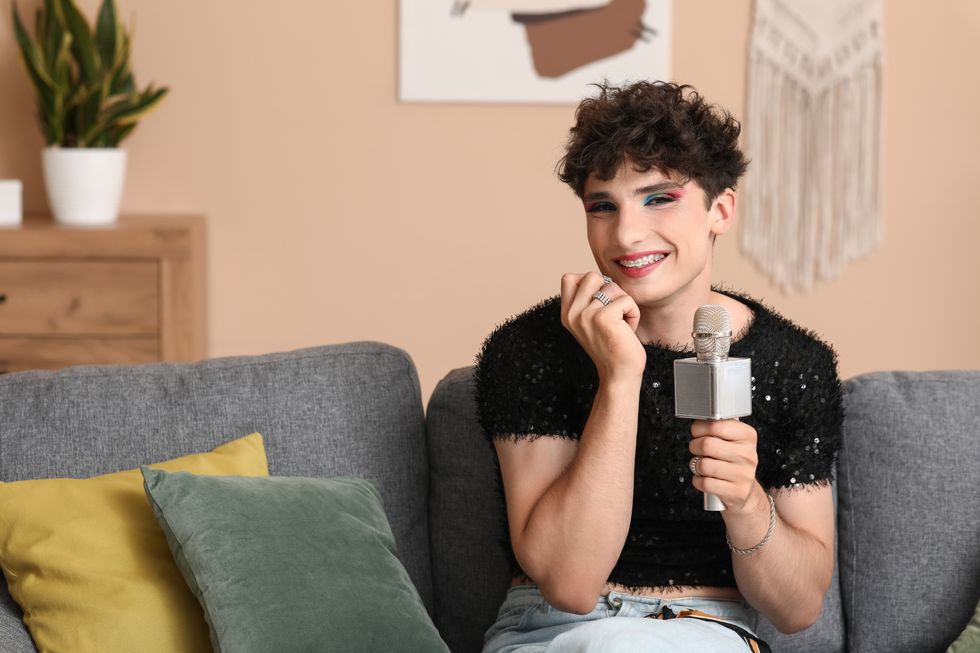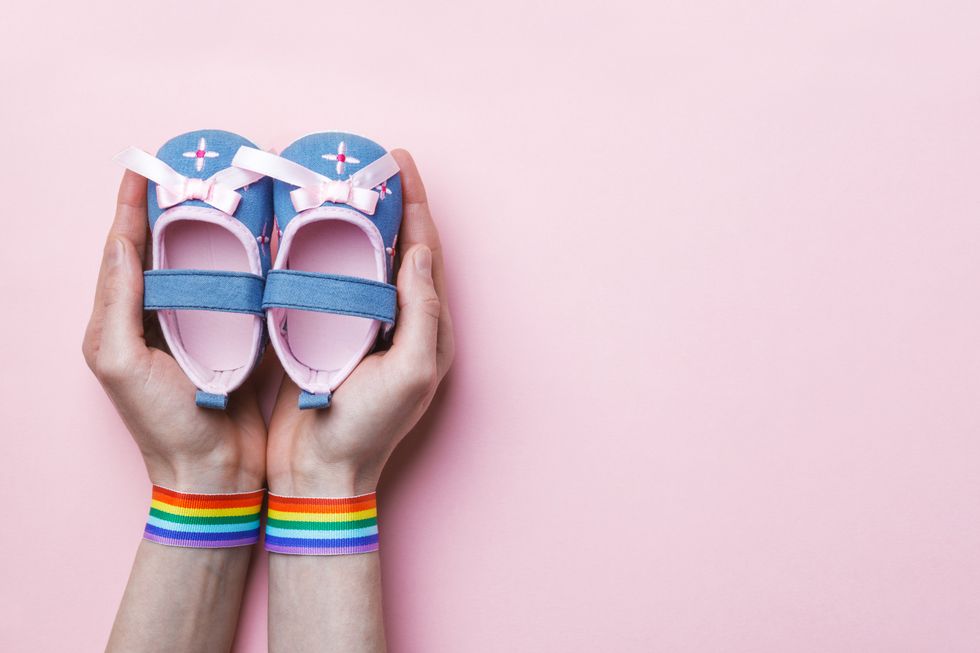May is Mental Health Awareness Month. LGBT people are three times as likely to experience mental health issues because of trauma related to their sexual orientation and gender identity. Queer people of color have especially high chances due to dealing with racial trauma as well as queer-related trauma. For these reasons, it's time we had a more nuanced discussion about what we need to do to improve queer mental health.
One obstacle that LGBT people with mental health issues face is stigma. Although it is common knowledge that queer people experience prejudice for their sexual orientation, race, and gender identity, it is also possible for LGBT people to be further stigmatized for certain mental illnesses that aren't widely acknowledged. As Princess Harmony writes in her article for Wear Your Voice magazine, the only mental illnesses people are aware of are major depressive disorder and generalized anxiety disorder.
Another factor we must consider is the lack of accessibility and lack of affordability when it comes to therapy. Not only are mental health services too expensive for those who need help, but these services can be too far to travel to. Although there are therapists that conduct their sessions via the phone or the internet, there are far too few of them and there is the risk of dealing with dishonest health professionals.
A subfactor that is related to lack of accessibility is not having mental health professionals that are tailored to the specific needs of their patients. A therapist that isn't trained to confront their own biases toward sexual orientation, gender identity, and race will not be able to help queer patients heal. This causes patients to be underdiagnosed or misdiagnosed with certain conditions, which decreases the chances of them wanting to keep going to therapy.
In case you think these are just general statistics, consider some situations that actually occur in real life. A transgender person could try to get therapy, but the therapist could be too focused on their genitals to diagnose them. A Black queer person could stop trying to get therapy because they are tired of dealing with racist, heteronormative statements from white therapists or can't access a QTPOC therapist that is thirty miles away from them.
As a result of the many obstacles that LGBT people face in order to deal with their mental health, people like me resign ourselves to self diagnosis and trying to manage our mental health alone. Ten years ago, I figured out that I had depression after I found myself lacking interest in everyday life and experiencing suicidal thoughts due to problems at home and school. Since then, I've also diagnosed myself with nighttime anxiety after experiencing a long period of sleeping problems and racing thoughts at night.
While most days are fine, sometimes my depression makes me feel like I'm trying to interact with the world through a fog. At night, my mind often feels like it's an annoying person who wakes me up in the middle of the night and talks to me a mile a minute until it runs out of steam. Overall, my mental illness can feel like an exhausting, heavy load I carry as a Black queer person.
Although I can manage my mental illness through online support groups like 7 Cups of Tea and private groups via Slack or Facebook, I hope someday that I can get the therapy I need. Mental health needs less stigma, more diverse therapists, and more LGBT-friendly therapists. Mental health needs more remote therapy sessions and cheaper face-to-face sessions. It is vital that we improve mental health professionally and personally so that everyone can get help.







